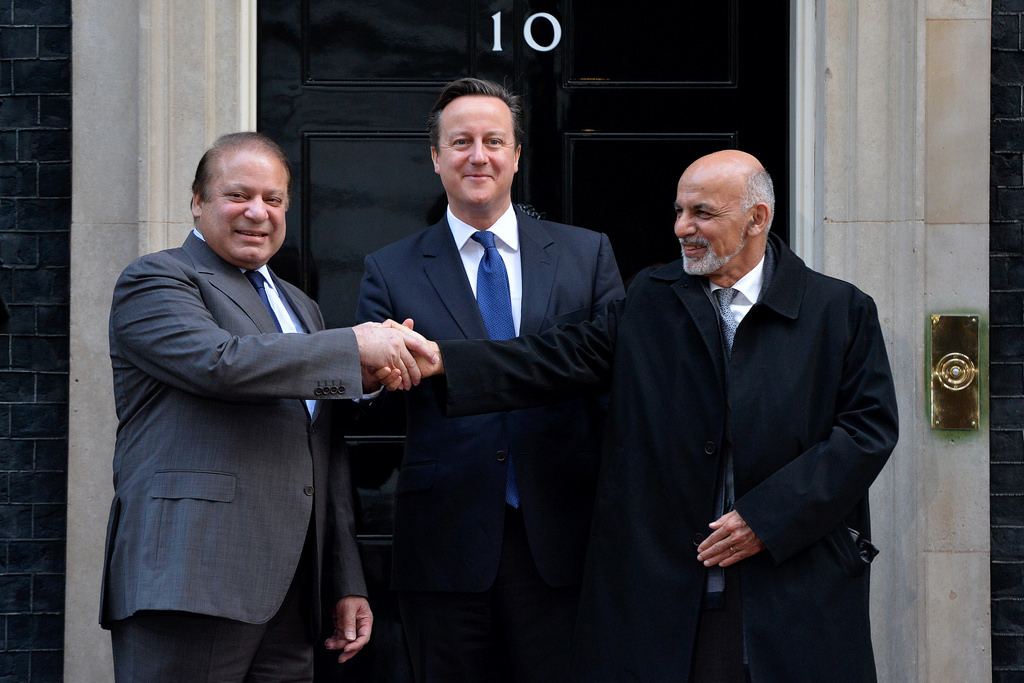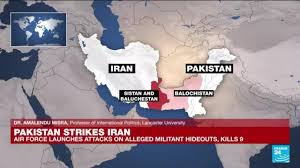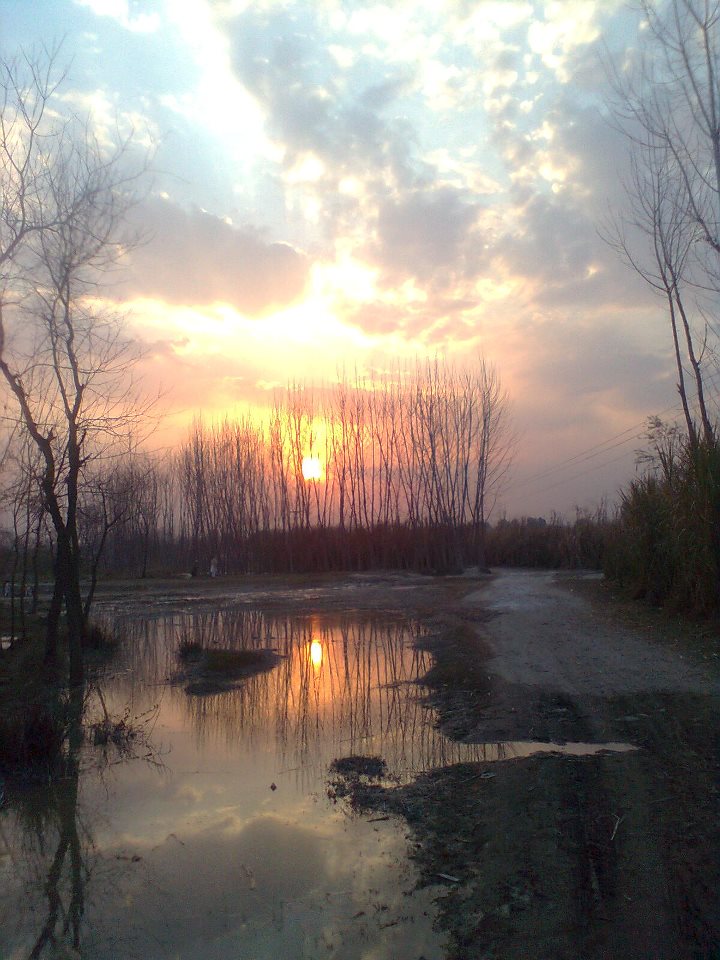Introduction
Pakistan, a country located in South Asia, has been plagued by political, social, ethnic, and religious unrest for decades. These issues have significantly hindered the development and progress of the country, leading to instability and hampering efforts for peace and prosperity. The political landscape in Pakistan is marked by corruption, power struggles, and a lack of accountability, which has further exacerbated the existing challenges. Additionally, deep-rooted social inequalities, ethnic tensions, and religious extremism have fueled violence and conflict in various parts of the country. Understanding the complex interplay of these factors is crucial to addressing the underlying causes of unrest in Pakistan. Through a multidimensional analysis of the political, social, ethnic, and religious dynamics at play, this research aims to explore the intricate ways in which these factors intersect and impact stability and development in Pakistan.
Political Unrest in Pakistan
The political unrest in Pakistan is deeply rooted in a complex web of social, ethnic, and religious issues that have plagued the country for decades. The struggle for power and influence among various political parties and the military has often resulted in widespread protests, violence, and instability. Corruption and nepotism have further exacerbated the situation, leading to a lack of trust in government institutions and political leadership. The Pakistani people have grown increasingly disillusioned with the political elite, who are seen as prioritizing personal gain over the welfare of the nation. This discontent has fueled movements calling for reform and accountability, but progress has been slow and hindered by entrenched interests. In this environment, extremist groups and foreign actors have found fertile ground to exploit the turmoil for their own agendas, further complicating efforts to achieve lasting peace and stability in Pakistan. (Savita Pande, 2005)

Social Unrest in Pakistan
The social unrest in Pakistan is a multifaceted issue rooted in a complex interplay of factors. One prominent cause of social unrest is the persisting economic inequality in the country, with a sizeable portion of the population facing poverty and lack of access to basic amenities. This economic disparity exacerbates social divisions and fosters feelings of resentment and marginalization among certain groups. Additionally, issues related to governance, corruption, and social justice further contribute to the deepening of social unrest in Pakistan. Political instability, frequent military interventions, and a lack of effective policymaking have also played a significant role in fueling discontent among the populace. These underlying issues have led to widespread protests, strikes, and demonstrations, becoming a regular feature of the social landscape in Pakistan . Addressing these root causes of social unrest is crucial for fostering stability and progress in the country (National Intelligence Council, 2021-03).
Ethnic and Religious Unrest in Pakistan
Furthermore, the ethnic and religious landscape in Pakistan has been a significant factor contributing to unrest within the country. Pakistan is home to a diverse population, with numerous ethnic groups and religious minorities residing within its borders. The tensions between these groups have often led to violence and conflict, fueling further unrest in the region. For example, the Baloch separatist movement in Balochistan has been a long-standing issue, with demands for greater autonomy or independence from the central government. Additionally, sectarian violence between different religious groups, particularly between Sunni and Shia Muslims, has resulted in numerous fatalities and heightened tensions in the country. These ethnic and religious divides have deep historical roots and continue to pose a challenge to the stability and unity of Pakistan. Efforts to address these issues and promote interethnic and interreligious harmony are crucial for fostering peace and progress in the nation .
Conclusion
In summary, the current state of political, social, ethnic, and religious unrest in Pakistan highlights the complex interplay of historical factors, internal divisions, and external pressures that have shaped the countrys dynamics. The ongoing challenges faced by the Pakistani government in addressing these issues underscore the need for comprehensive and inclusive approaches to fostering peace, stability, and national cohesion. It is evident that structural reforms, effective governance, and dialogue among diverse groups are imperative to addressing the root causes of conflict and promoting sustainable development. Moreover, the international community plays a crucial role in supporting Pakistans efforts to navigate these complex issues and build a more secure and prosperous future for all its citizens. Ultimately, finding lasting solutions to the multifaceted challenges facing Pakistan requires a coordinated and collaborative approach that prioritizes the well-being and interests of all segments of society.
References:
Savita Pande (2005). “Politics of Ethnic and Religious Minorities in Pakistan”. http://books.google.com/books?id=v6HZAAAAMAAJ&dq=Political,+social,+ethnic+and+religious+unrest+causes+in+Pakistan&hl=&source=gbs_api National Intelligence Council (2021-03). “Global Trends 2040”. Cosimo Reports. http://books.google.com/books?id=eNCNzgEACAAJ&dq=Social+unrest+impact+on+political,+ethnic,+and+religious+dimensions+in+Pakistan&hl=



